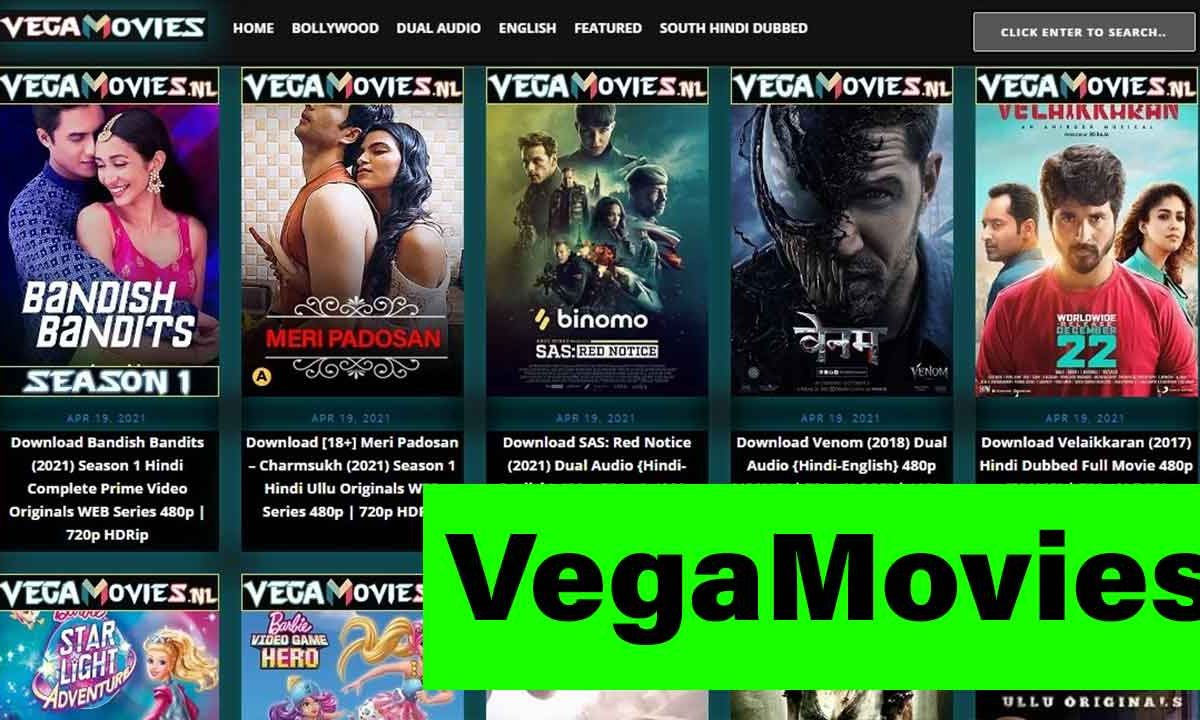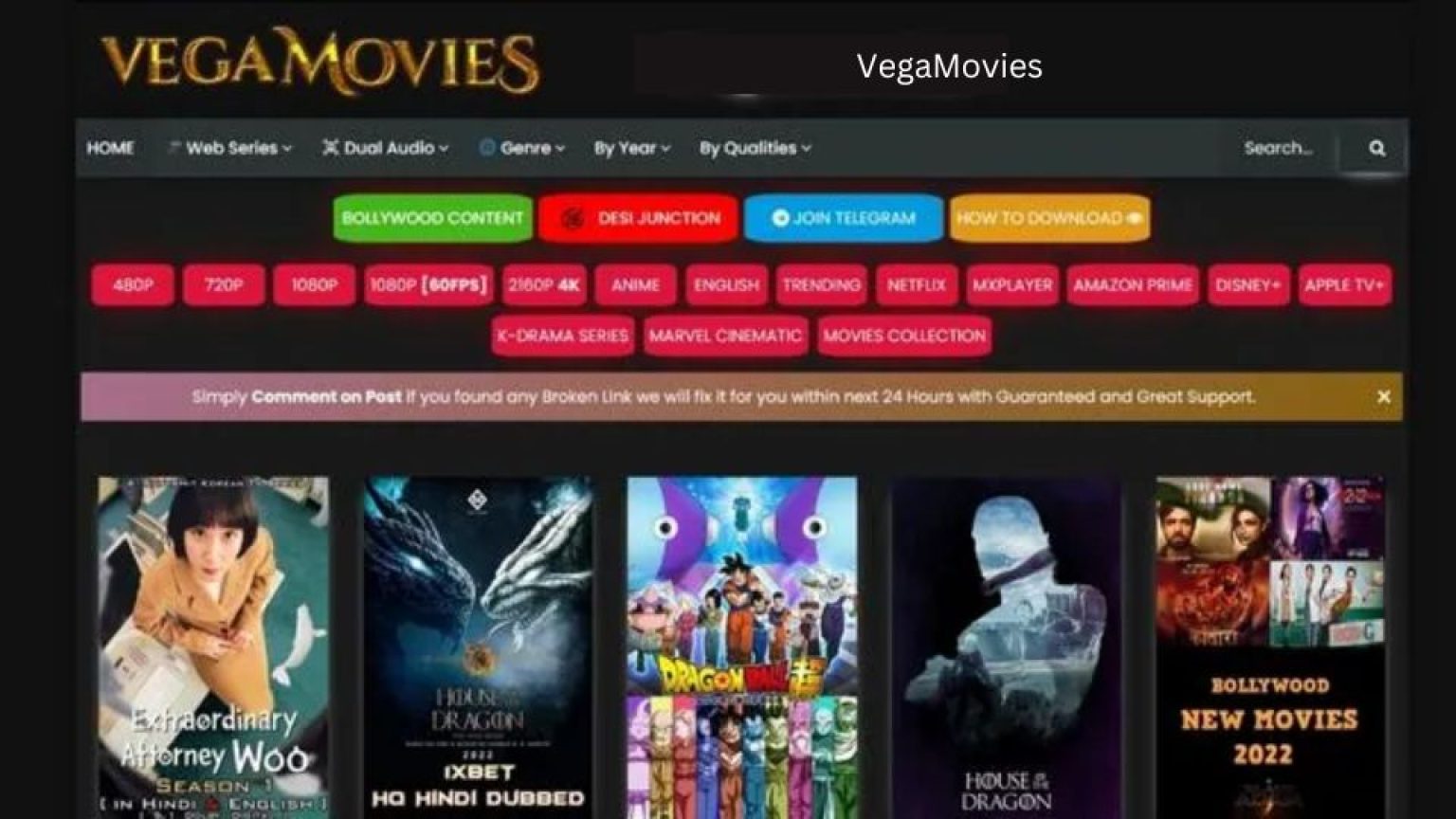Vegamovies & Justwatch: Find Movies & Safe Streaming Tips
Ever wondered how to access movies and shows that seem blocked in your region? The answer often lies in the shadowy realm of proxy servers and sites like Vegamovies, which cleverly redirect traffic to circumvent these restrictions, but at what cost?
The allure of free movie streaming platforms is undeniable. Vegamovies, in particular, has carved a niche for itself by offering a vast library of content, from Hollywood blockbusters to regional cinema, all readily available. But behind this seemingly simple access lies a complex network designed to bypass geographical restrictions and content blocks. Proxy servers play a crucial role in this process. When you attempt to access a blocked website directly, your internet service provider (ISP) or a government firewall recognizes your location and prevents you from reaching the site. A proxy server acts as an intermediary, masking your IP address and routing your traffic through a server located in a region where the content is accessible. In essence, it makes it appear as though you are browsing from a different location.
Vegamovies proxy sites take this a step further. They essentially mirror the original Vegamovies website, replicating its content and functionality on a different domain. This ensures that even if the main Vegamovies site is blocked, users can still access the content through these mirror sites. These proxy sites constantly update their URLs to evade detection and maintain uninterrupted access. The process involves intricate coding and server management to ensure seamless streaming and a user experience that closely resembles the original site.
However, the ease and accessibility offered by these proxy servers come with significant risks. While they provide a gateway to blocked content, they also expose users to potential security threats. Proxy servers, especially those associated with free streaming platforms, may not always adhere to strict security protocols. This can leave users vulnerable to data theft, privacy invasion, and malware infections. When you route your internet traffic through a proxy server, you are essentially entrusting it with your data. If the proxy server is compromised or operated by malicious actors, your personal information, browsing history, and even login credentials could be at risk.
Furthermore, the legal implications of using proxy servers to access copyrighted content are significant. Streaming or downloading movies and TV shows from unauthorized sources is a violation of copyright laws and can lead to legal repercussions. While the likelihood of individual users being prosecuted for copyright infringement is relatively low, the risk remains, particularly for those who frequently download content from these platforms.
The Vegamovies ecosystem also includes features such as movie recommendations, video translation, and even marketing videos, indicating a sophisticated operation that extends beyond simple content distribution. The platform often relies on user-generated content and community contributions to expand its library and maintain its relevance. This collaborative approach allows Vegamovies to offer a diverse range of content, catering to a wide audience with varying tastes and preferences.
- Exploring The World Of Downloadhab Your Ultimate Downloading Destination
- Unlocking The Secrets Of 5starsstockscom Blue Chip Investments
For users seeking legitimate alternatives to access movies and TV shows, platforms like JustWatch offer a comprehensive solution. JustWatch aggregates content from various streaming services, such as Netflix, Amazon Prime Video India, and Hotstar, allowing users to easily find where to stream their favorite titles. This eliminates the need to rely on potentially risky proxy servers and ensures that users are accessing content legally and safely.
The appeal of Vegamovies lies in its diverse and free movie library, making it an attractive option for many. However, users should be aware of the potential risks associated with using proxy servers and consider the legal implications of accessing copyrighted content through unauthorized channels. Platforms like JustWatch provide a safer and more legitimate way to discover and enjoy movies and TV shows.
The Vegamovies phenomenon highlights the ongoing battle between content providers and users seeking unrestricted access to information and entertainment. While proxy servers offer a temporary solution to bypass geographical restrictions and content blocks, they also pose significant security risks and raise legal concerns. As technology evolves, it is crucial for users to make informed decisions and prioritize their online safety and security.
The complexities of the Vegamovies network extend beyond simple content mirroring. The platform often employs sophisticated techniques to optimize streaming speeds and minimize buffering issues. This includes using content delivery networks (CDNs) to distribute content across multiple servers, ensuring that users can access videos quickly and efficiently. Additionally, Vegamovies may utilize adaptive bitrate streaming, which automatically adjusts the video quality based on the user's internet connection speed. This ensures a smooth viewing experience, even for users with slower connections.
However, these technical optimizations do not negate the inherent risks associated with using the platform. The very nature of Vegamovies, which relies on bypassing copyright restrictions and distributing content without proper authorization, makes it a target for law enforcement and cybersecurity agencies. As a result, Vegamovies and its associated proxy servers are constantly under threat of being shut down or blocked. This creates a cat-and-mouse game between the platform operators and those seeking to restrict access to its content.
The use of proxy servers also raises ethical questions about the responsibilities of internet service providers and website operators. Should ISPs actively block access to proxy servers that are known to facilitate copyright infringement? Should website operators take steps to prevent their content from being mirrored on proxy sites? These are complex questions with no easy answers, and they highlight the challenges of balancing freedom of access with the need to protect intellectual property rights.
Despite the risks and ethical considerations, Vegamovies remains a popular choice for many users, particularly in regions where access to legitimate streaming services is limited or expensive. The platform's vast library of content, its free access model, and its ability to circumvent geographical restrictions make it an attractive option for those seeking entertainment without the constraints of traditional media distribution channels.
The future of Vegamovies and similar platforms is uncertain. As copyright laws become more stringent and cybersecurity measures become more sophisticated, it may become increasingly difficult for these platforms to operate effectively. However, the demand for free and unrestricted access to content is likely to persist, and new technologies and techniques will undoubtedly emerge to challenge the existing copyright framework.
Ultimately, the decision of whether or not to use Vegamovies or similar platforms rests with the individual user. It is crucial to weigh the potential benefits of accessing free content against the risks of data theft, malware infections, and legal repercussions. By making informed decisions and taking appropriate security precautions, users can minimize the risks and enjoy the benefits of online entertainment while respecting the rights of copyright holders.
The rise of Vegamovies also reflects a broader trend towards decentralized and user-driven content distribution. With the proliferation of peer-to-peer networks, file-sharing platforms, and social media channels, it has become increasingly difficult for copyright holders to control the flow of information and entertainment. This has led to a blurring of the lines between legitimate and illegitimate content distribution, and it has created new challenges for law enforcement and regulatory agencies.
The Vegamovies phenomenon serves as a reminder of the complex and evolving landscape of online entertainment. As technology continues to advance and user preferences continue to shift, it is essential for all stakeholders – content providers, users, and regulators – to adapt and innovate in order to create a sustainable and equitable ecosystem for the distribution and consumption of digital content.
Furthermore, the popularity of Vegamovies highlights the importance of affordability and accessibility in the digital entertainment market. Many users turn to platforms like Vegamovies because they cannot afford the subscription fees associated with legitimate streaming services or because they lack access to reliable internet connections. Addressing these issues is crucial for reducing the demand for unauthorized content and promoting a more inclusive and equitable digital landscape.
In conclusion, Vegamovies and its associated proxy servers represent a complex and multifaceted phenomenon that raises important questions about copyright, security, and access to information. While the platform offers a convenient way to access free content, it also poses significant risks and raises ethical concerns. Users should be aware of these risks and make informed decisions about their online behavior. By promoting affordable and accessible legitimate streaming options, and by working to address the underlying issues of copyright infringement and online security, we can create a more sustainable and equitable digital entertainment ecosystem for all.
The discussion around Vegamovies inevitably leads to considering the broader implications for the film industry. If free platforms become the norm, how will content creators be compensated for their work? What innovative business models can be developed to ensure that artists and filmmakers can continue to produce high-quality content while making it accessible to a wide audience? These are critical questions that the industry must address in order to thrive in the digital age.
One potential solution is the adoption of micro-payment systems, which would allow users to pay small fees to access individual movies or TV episodes. This could provide a more sustainable revenue stream for content creators while still offering users affordable access to the content they want. Another possibility is the expansion of advertising-supported streaming services, which would allow users to watch content for free in exchange for viewing advertisements. However, these models must be carefully designed to ensure that they do not become overly intrusive or detract from the viewing experience.
The Vegamovies situation also underscores the need for greater media literacy among consumers. Many users may not be fully aware of the risks associated with using unauthorized streaming platforms or the legal implications of copyright infringement. Educational campaigns and public awareness initiatives can help to inform users about these issues and encourage them to make more responsible choices.
Beyond the technical and legal aspects, the Vegamovies phenomenon also raises broader cultural and societal questions about access to information and entertainment. In an increasingly interconnected world, should access to cultural content be considered a fundamental right? How can we ensure that everyone has access to the information and entertainment they need to participate fully in society? These are complex and challenging questions that require thoughtful consideration and open dialogue.
The Vegamovies debate is not just about movies and TV shows; it is about the future of the internet and the future of our society. It is about balancing the rights of content creators with the needs of consumers, and it is about ensuring that everyone has access to the information and entertainment they need to thrive in the digital age. By addressing these challenges in a thoughtful and collaborative way, we can create a more sustainable and equitable future for all.
Finally, it's essential to consider the role of technology in shaping the future of content distribution. Emerging technologies like blockchain and decentralized networks have the potential to revolutionize the way content is created, distributed, and consumed. These technologies could enable new business models that are more transparent, secure, and equitable for both content creators and consumers.
For example, blockchain technology could be used to create a decentralized platform for content distribution, where creators can directly connect with consumers without the need for intermediaries. This could reduce the costs associated with traditional distribution channels and allow creators to retain a larger share of the revenue generated by their work. Additionally, blockchain technology could be used to track and manage copyright ownership, making it easier to enforce copyright laws and prevent piracy.
Decentralized networks could also play a role in creating a more resilient and secure content distribution ecosystem. By distributing content across multiple servers and nodes, these networks can reduce the risk of censorship and ensure that content remains accessible even if some servers are taken offline.
As technology continues to evolve, it is likely that we will see even more innovative solutions for content distribution emerge. The key is to embrace these new technologies while also addressing the underlying issues of copyright, security, and access to information. By working together, we can create a future where content is both accessible and sustainable for all.
Ultimately, the story of Vegamovies serves as a microcosm of the larger challenges and opportunities facing the digital world. It is a story of innovation, disruption, and the ongoing struggle to balance competing interests. By understanding the complexities of this story, we can gain valuable insights into the future of content distribution and the future of our society.
The situation with Vegamovies and similar platforms also highlights the global nature of the internet and the challenges of enforcing copyright laws across borders. Content that is blocked in one country may be readily accessible in another, making it difficult to prevent users from accessing unauthorized content. This underscores the need for international cooperation and harmonization of copyright laws to address the challenges of online piracy effectively.
One approach is to develop international agreements that set common standards for copyright protection and enforcement. These agreements could facilitate the sharing of information and resources between countries, making it easier to track down and prosecute copyright infringers. Additionally, international agreements could promote the adoption of best practices for online content protection, such as the use of digital watermarks and content recognition technologies.
However, achieving international consensus on copyright issues can be challenging due to differing legal systems and cultural values. Some countries may prioritize the protection of intellectual property rights, while others may place greater emphasis on freedom of access to information. Finding a balance between these competing interests is crucial for creating a sustainable and effective international copyright framework.
Another approach is to focus on educating users about the importance of respecting copyright laws and the risks associated with using unauthorized streaming platforms. Public awareness campaigns can help to raise awareness of these issues and encourage users to make more responsible choices. Additionally, schools and educational institutions can incorporate media literacy into their curricula, teaching students how to critically evaluate online content and respect the rights of content creators.
Ultimately, addressing the challenges of online piracy requires a multi-faceted approach that combines legal enforcement, technological solutions, and public education. By working together, governments, content creators, and users can create a more sustainable and equitable online environment where creativity is valued and innovation is encouraged.
It's also worth considering the environmental impact of streaming content. The vast amounts of data that are transmitted over the internet require significant energy to power servers, networks, and devices. This energy consumption contributes to greenhouse gas emissions and can have a negative impact on the environment.
One way to reduce the environmental impact of streaming is to improve the energy efficiency of data centers and networks. This can be achieved through the use of more energy-efficient hardware, optimized cooling systems, and renewable energy sources. Additionally, users can reduce their own energy consumption by streaming content at lower resolutions, downloading content for offline viewing, and turning off devices when they are not in use.
The Vegamovies phenomenon serves as a reminder that our choices have consequences, both online and offline. By making more informed and responsible choices, we can help to create a more sustainable and equitable future for all.
- Unraveling The Mystery Behind Janice Nichole Leaked
- Unveiling The Life Of David Nehdar An Inside Look At A Private Celebrity

What are Vegamovies? The Ultimate Guide 2023 Smarts Saving

Vegamovies Original Site Your Guide To Accessing Quality Entertainment

Vegamovies 4K Download The Ultimate Guide To Safe And Efficient Downloads